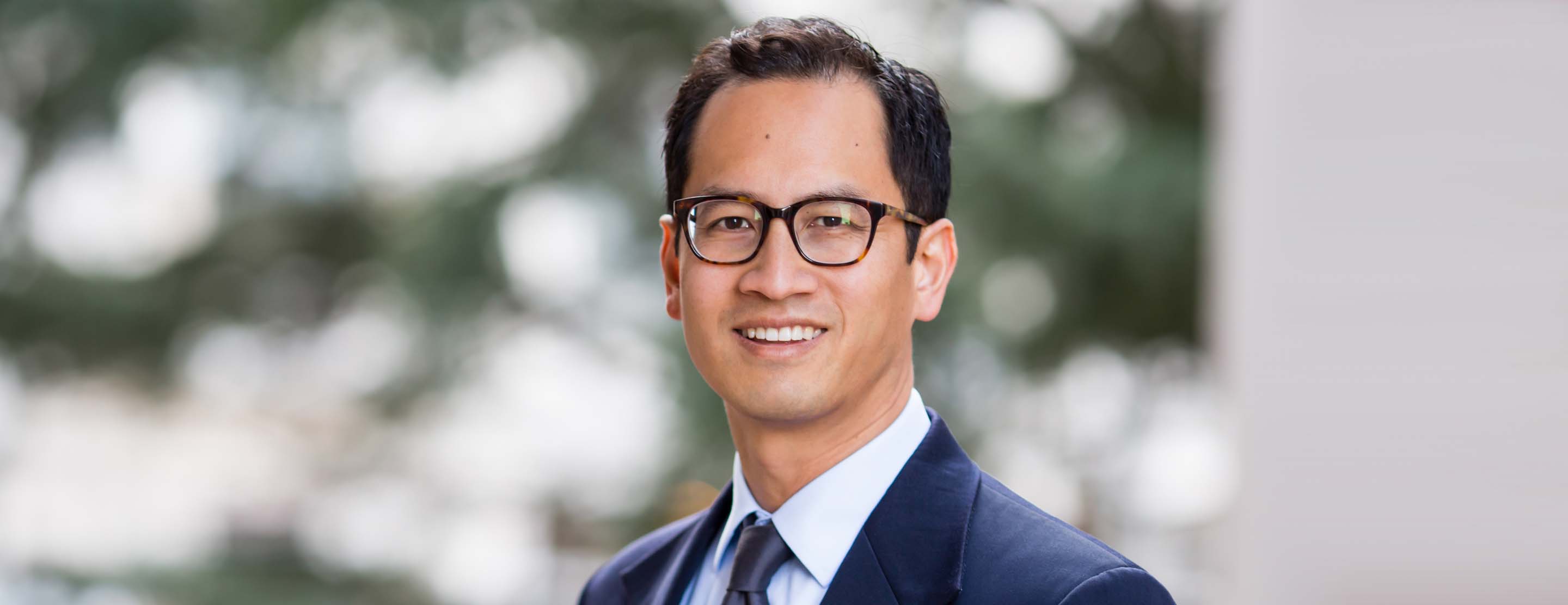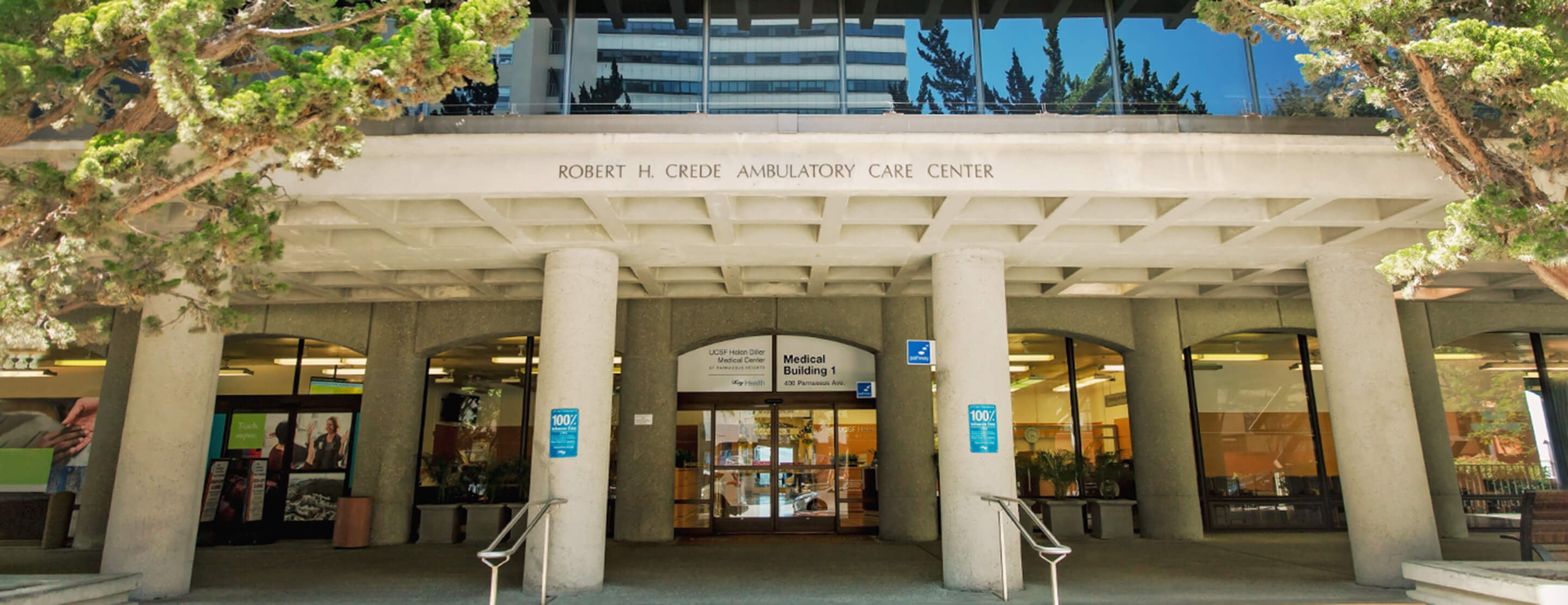Dr. Edward Chang is a neurosurgeon who specializes in treating drug-resistant epilepsy, facial pain, movement disorders and brain tumors. He has expertise in advanced brain mapping techniques, which can enable surgeons to remove diseased brain tissue, such as a tumor, while minimizing damage to healthy tissue needed for key functions, such as speech and movement. He also has extensive training in deep brain stimulation for movement disorders and other devices that treat disease by altering nerve activity.

Doctor Q&A: Edward Chang
Why did you decide to specialize in neurosurgery?
The brain is the most fascinating organ in the human body. It's what makes us human. I thought becoming a neurosurgeon was a great way to help others in need, while also learning neuroscience.
It was a really easy decision for me. It has all the challenges I wanted in a career: intellectual, technical and, most importantly, compassion.
What brought you to UCSF?
I did my medical training at UCSF. I stayed because the intellectual environment for neurosciences is unparalleled. At each step, UCSF is on the frontline of neurosurgery.
What's the best part of practicing here?
The people. I am lucky to work with some of the most compassionate, smart and hardworking people in medicine.
Regardless of what happens, whether or not [a] surgery is successful, we are committed to taking care of someone. That's very special about the people I work with.
Epilepsy surgery is one of your specialties. How can surgery help patients with severe or otherwise untreatable epilepsy?
Many patients with uncontrolled seizures can benefit from surgery. In most cases, the seizures can be reduced a lot – or even cured. Nowadays, there are many different safe surgical treatments that can be tailored to individual patients.
Epilepsy surgery can offer a major improvement in the patient's quality of life while reducing the risk of serious injuries or death related to epilepsy.
How do you approach each patient?
Our goal is to really get to know our patients. We want to know their hopes and dreams. We want to help them live their fullest lives. As a surgeon, my challenge is to find the least invasive and most effective approach. I want to push the envelope without sacrificing safety.
How does that personal connection help with healing?
Patients have to be involved in their care for it to go well. It always goes better when it is collaborative.
What do you do in your free time?
I like to spend time with my family or go sailing on the San Francisco Bay.
If you weren't a neurosurgeon, what would you be?
I'm not sure. I really love my job and patients.










